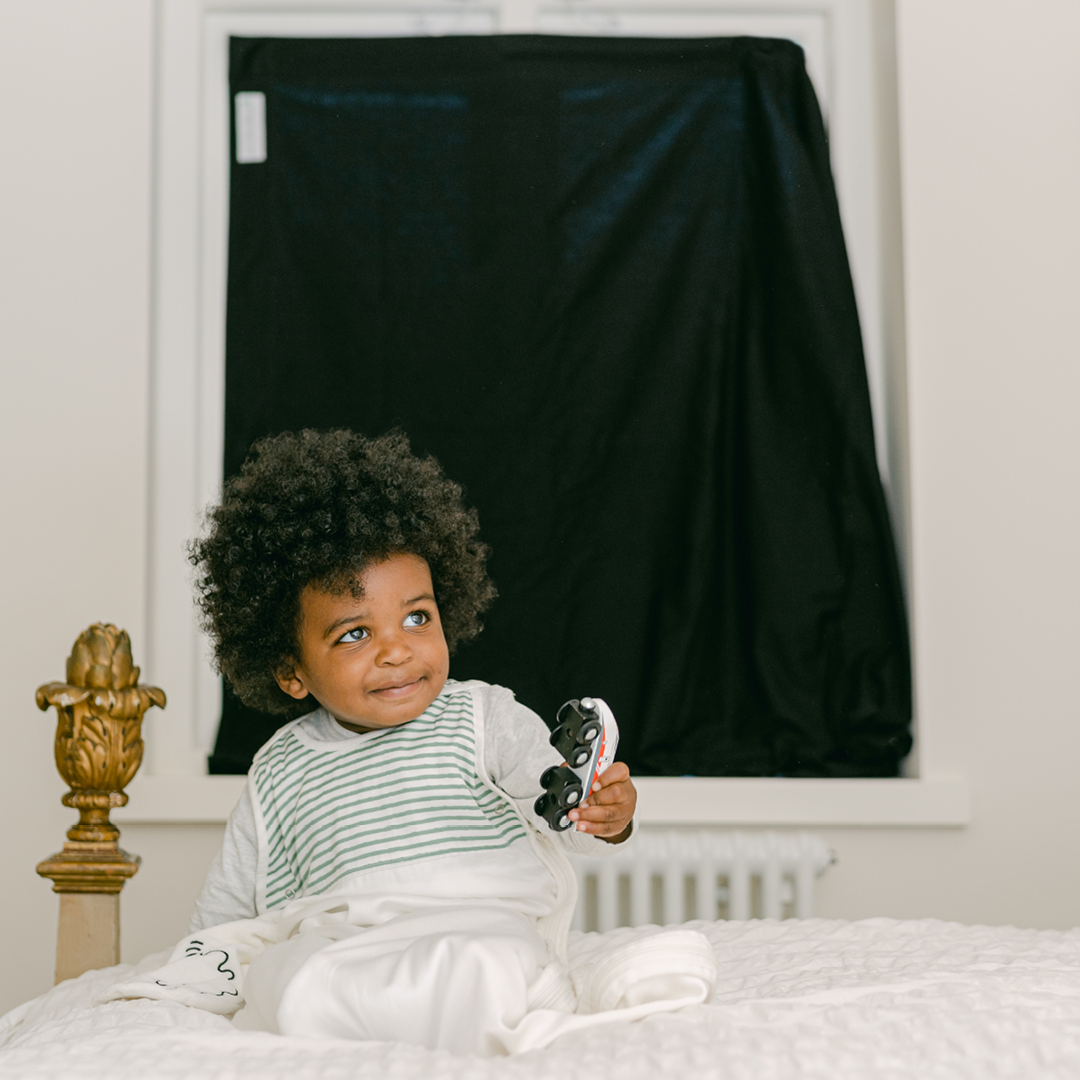From natural suncream, vitamin D, hose pipe safety and toxic products, there are some really important things parents should consider when enjoying the sun safely this Sun Safety Awareness Week. Anyone who knows me personally knows that I am one of the ultimate sun lovers of the world. The summer brings happiness, warmth, long evenings outside, days spent in the garden with family and beautiful plants springing up wherever you look. Hurray to the sunny months ahead and to everyone enjoying some much needed warmer weather and time outside with friends and family. The sun brings us so many benefits, but it’s essential that we all consider these often overlooked points this summer.
1. We all need 20 mins of sunlight on our skin per day with no suncream
This is for the all important vitamin D which the sun provides. Around 20% of people in the UK are deficient in vitamin D, and the government now recommends that everyone should take vitamin D supplements from October through to March. Vitamin D is a seriously magical tonic for our bodies, essential for bone strengthening, regulating our mood, reducing inflammation, regulating cell growth, balancing our immune systems and therefore helping us to fight off bugs and viruses. It’s been even more in the spotlight in recent years, with many studies showing that high levels of vitamin D (blood levels over 40 ng/ml) can reduce Covid mortality by 95%.
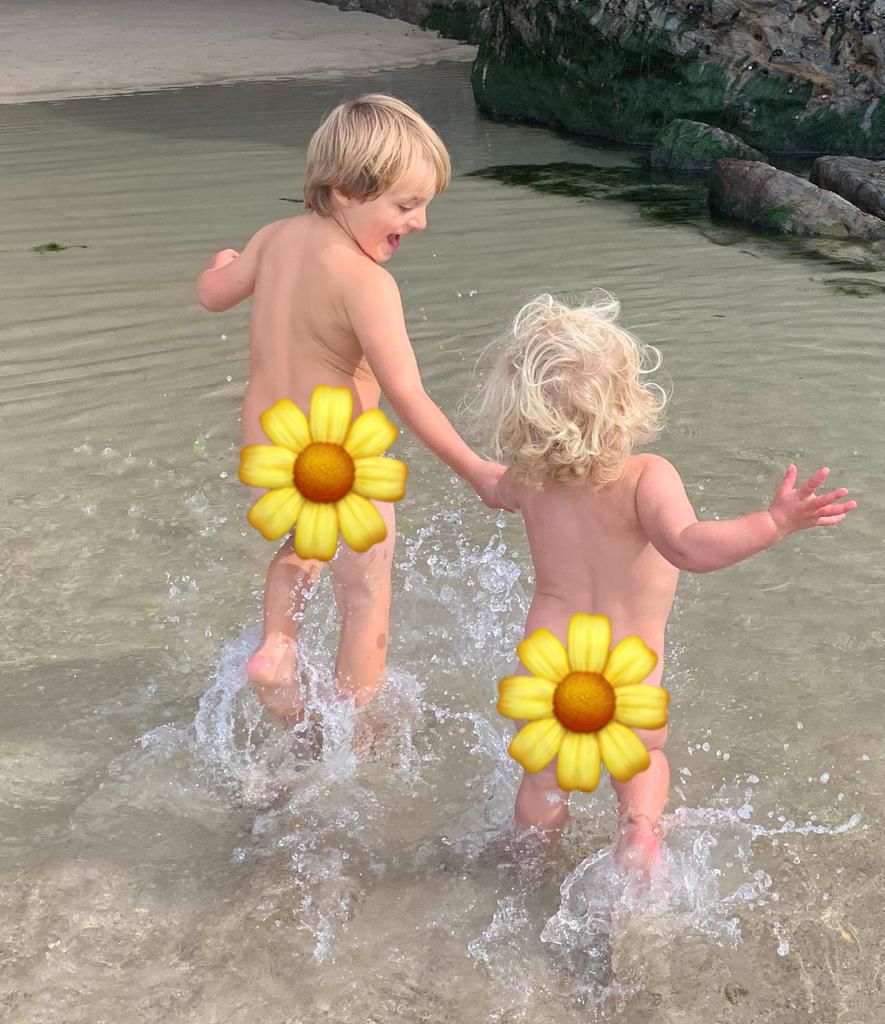
Make the most of the plentiful and powerful vitamin D provided by the sun. However, it’s important to get your 20 minute suncream-free exposure either early in the morning or later in the afternoon – before 10am or after 4pm is best when the sun isn’t so strong and there’s less chance of getting burnt, but always be guided by individual skin tones and sun sensitivities.
2. Why it’s super important to wear a natural, mineral suncream for the rest of the day and seek shade during the midday heat
We’re all now aware that the ozone layer is getting thinner, making the sun’s rays less filtered and potentially more damaging to our skin. So I don’t need to go into detail about the importance of wearing suncream. However, it’s a lot less well known that chemical suncreams often do a lot more harm than good. Let me explain: chemical suncreams applied to the skin will be in your blood stream within 25 seconds, so all those chemicals will be circulating your (or your children’s) bodies in no time at all. This process gets even more intense when skin becomes hot as pores open up and suncream mixes with sweat to become even thinner and more absorbable.
There’s an added problem with the harm chemical suncreams are having on our oceans – enormous damage is being done to sea life and coral reefs around the world due to suncreams washing off into the water. Make sure the cream you choose says ‘reef safe’ on the bottle to avoid this issue. And, shockingly, studies have found that chemical suncreams actually react with chemicals in swimming pool water, turning the water in the pool very toxic at chemical levels unsafe for human health. Additionally, the chlorine in swimming pools reacts with the chemicals (notably avobenzone) in your suncream directly on your skin – a reaction linked to serious health problems, immune system damage and cancer.
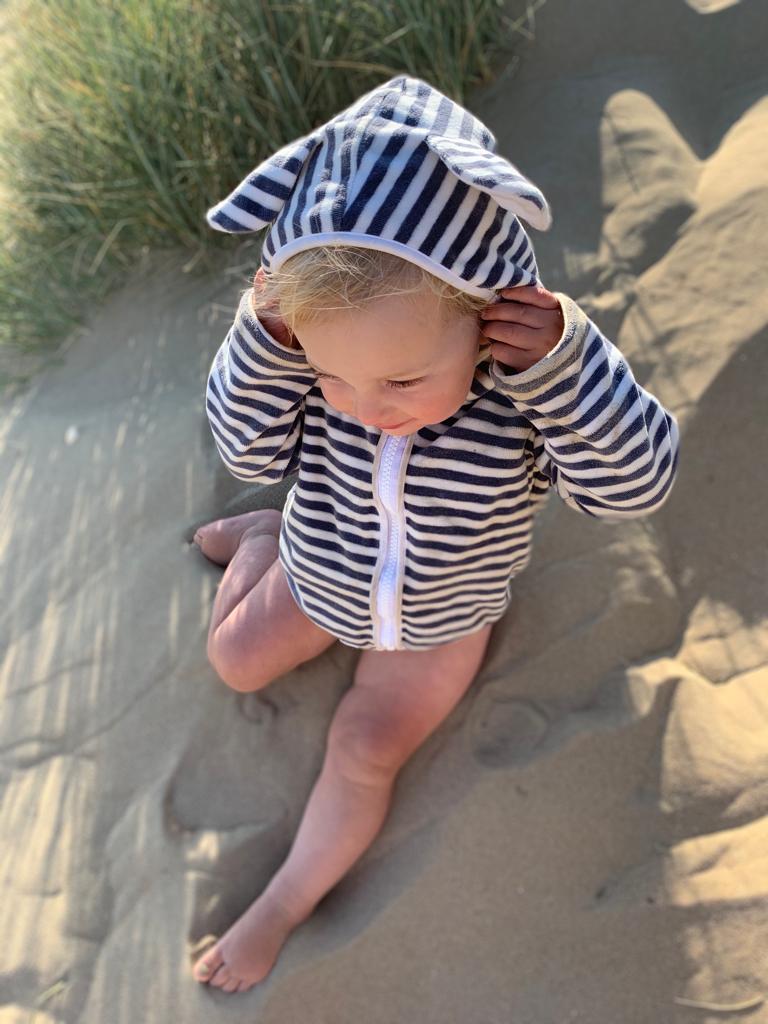
If you’ve tried mineral suncreams before and you’re not a fan (they can be very thick and hard to rub in, leaving a white mess streaking our bodies and children running for the hills because they’re fed up with all the rubbing!!) don’t worry, we’ve tried almost all the available brands out there and here are our top picks which rub in super easily and won’t break the bank:
Jasons, Organic Children, Green People. I have really sensitive eyes and can’t wear most suncreams on my face or my eyes sting like crazy. The Green People facial suncream is brilliant and doesn’t irritate my eyes at all, so it’s a great one to try if you have sensitivities.
3. Early summer sun will burn you quicker than you realise
Be extra careful of the sun at this time of year, it’s deceptively strong in spring / early summer and can burn very easily. So take added precautions, user a higher factor suncream and keep babies and small kids in the shade on hot days.
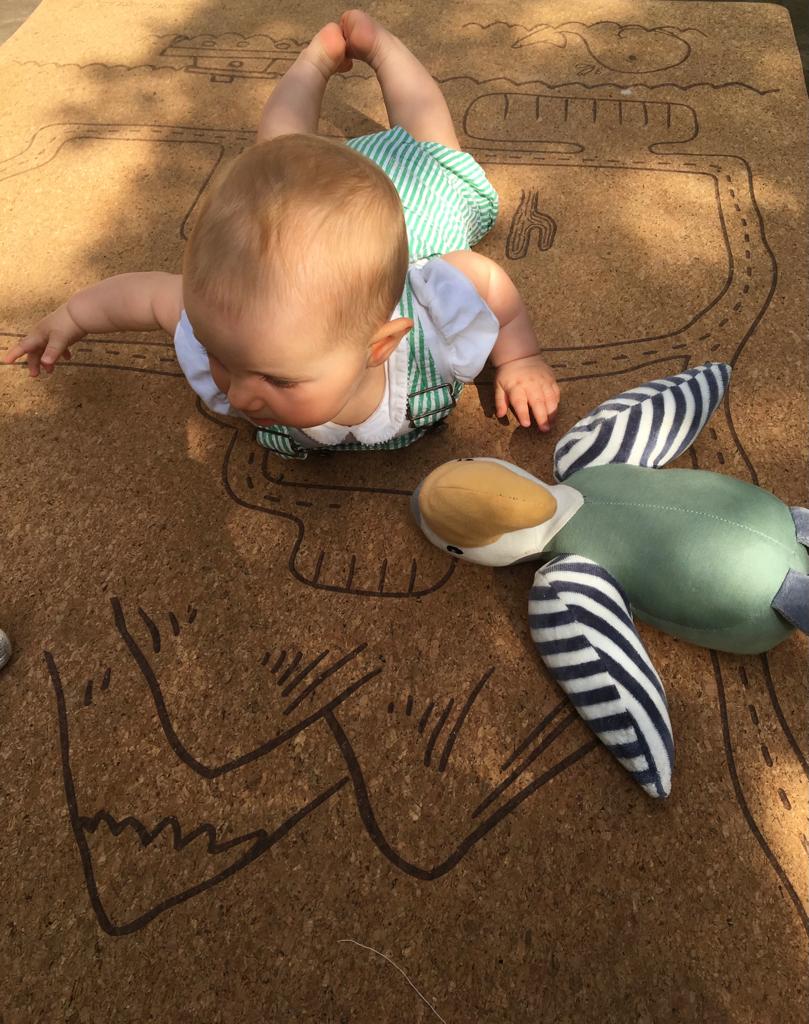
4. Keep buggies out of direct sunlight and don’t be tempted to completely cover the openings with blankets
It’s recommended to use a sun shade on a buggy on very hot days, but if you don’t have one, don’t be tempted to cover the opening with a muslin or blanket. Doing this can block the air circulation inside the buggy and create a dangerously hot environment for your child. It also makes it harder to see you baby and so it might go unnoticed if they becomes hot and uncomfortable. On sunny days, keep buggies in the shade whenever you can and if you do try to create shade using a muslin make sure there is plenty of ventilation around the sides.
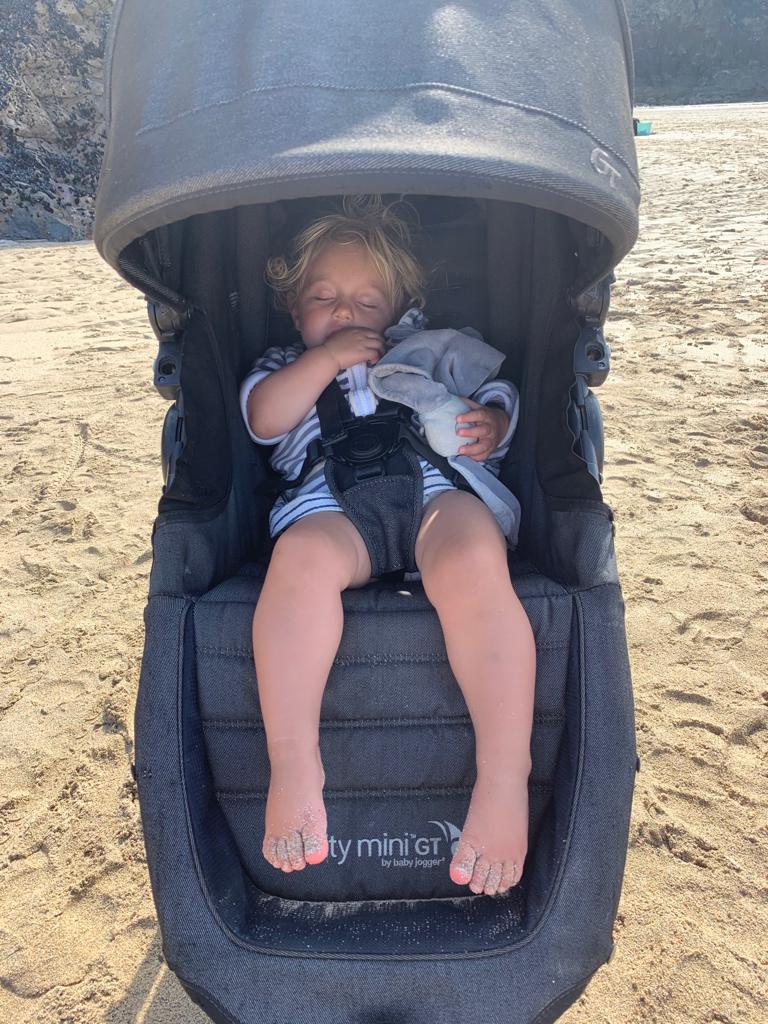
5. Beware of the humble hose pipe (for two reasons)
Hose pipes can make the best al fresco toys for kids over the summer months, providing hours of fun and entertainment. However, there are two really important things to consider when it comes to hose pipes.
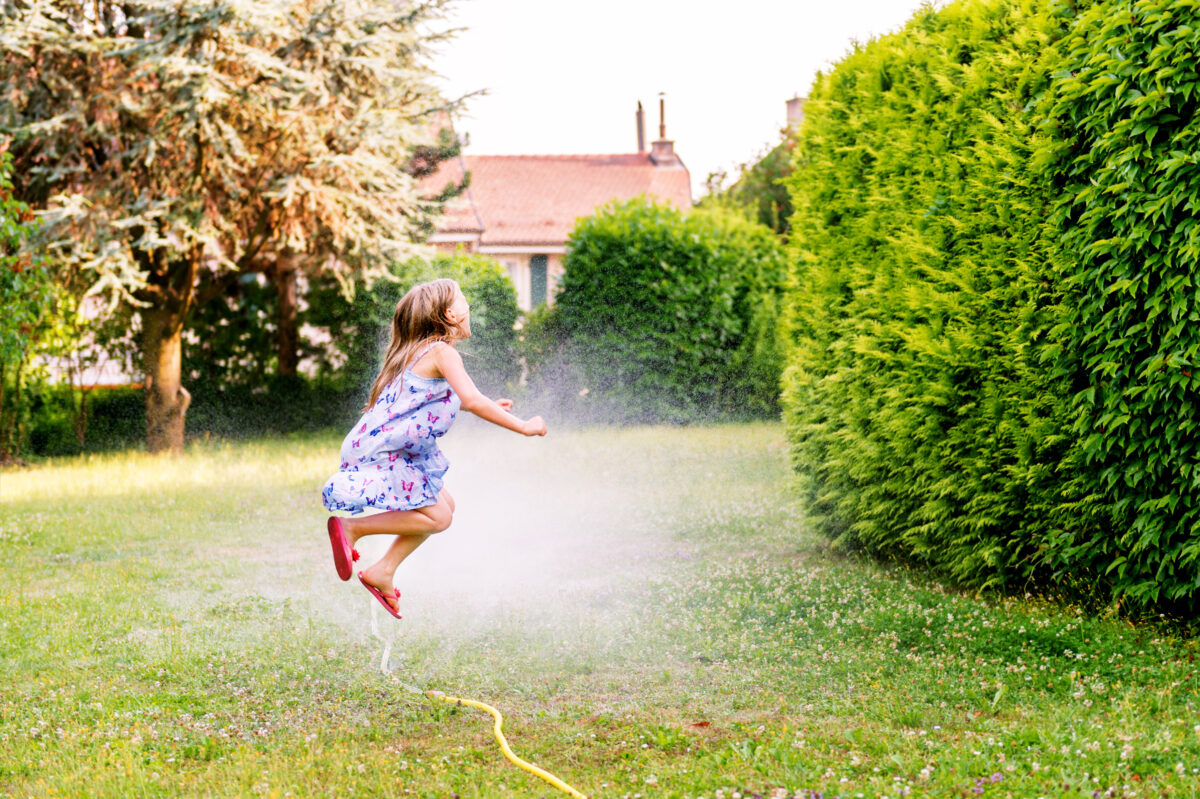
The first, sadly, is that conventional hose pipes are hugely toxic, and contaminate the water coming out of them with a cocktail of nasties including lead, antimony, phthalates and other plasticisers, BPA and vinyl chloride (to name a few). So if your kids are going to be playing with the hose pipe this summer, or using hose pipe water in a paddling pool, then it’s best to buy a non-toxic hose pipe. For our garden, we’ve bought a food-grade water hose and also a birthing pool hose pipe (also food-grade). Although still not totally free from nasties, they at least conform to certain regulations about chemical safety in water, so they’re the best options available while not totally spoiling the fun for the kids! The good news is that these types of hoses are much better for your garden too, especially if you grow vegetables, as they won’t contaminate the soil with unnecessary chemicals and heavy metals.
The second important sun safety point about hose pipes is to always let the hose run for a minute before touching it. This is because the water inside the pipe can become dangerously hot on warm days and causes a burning risk. The other benefit of letting the water run for a bit before using it is that any water left sitting around in the hose for any length of time will have higher levels of chemicals (which have leached from the hose), so it helps to clear these out before you start using the water.
6. The sun can make our products toxic. Be careful what you leave in the sun’s hot rays
Beware particularly of PVC, which gives off thousands of harmful chemicals into the air when it’s heated. Things like buggy rain covers, paddling pools, inflatable pool toys and conventional PVC blackout blinds (and PVC hose pipes) become extremely toxic in strong sunlight and should be kept away from small children. PVC (nicknamed the ‘poison plastic’) is not safe even at room temperature. This is mainly due to the softening chemicals they add to the plastic which make it flexible, and it’s why there was an emergency government decision in the 90s to remove these chemicals from all kids toys with immediate effect. When heated, these chemicals release at an even faster rate and pose a significant risk to human health. Ideally, you should avoid PVC wherever possible, and keep children well away from it. But in cases where that’s unavoidable, there are a few simple things you can do to make it safer: Don’t leave PVC blackout blinds up in a sunny window, keep inflatable pool toys out of the midday heat, replace paddling pool water if the pool’s been in the hot sun for any length of time and never use buggy rain covers on hot days. If you can smell that hot, almost tar-like PVC smell, that’s the toxins being released, so let the item cool before letting kids anywhere near it.
If you’re looking for a non-toxic blackout blind alternative, Pure Earth Collection use only 100% organic cotton with super sticky suction cups, so they can be used at home or on holiday and are safe to leave up in sunny windows.
